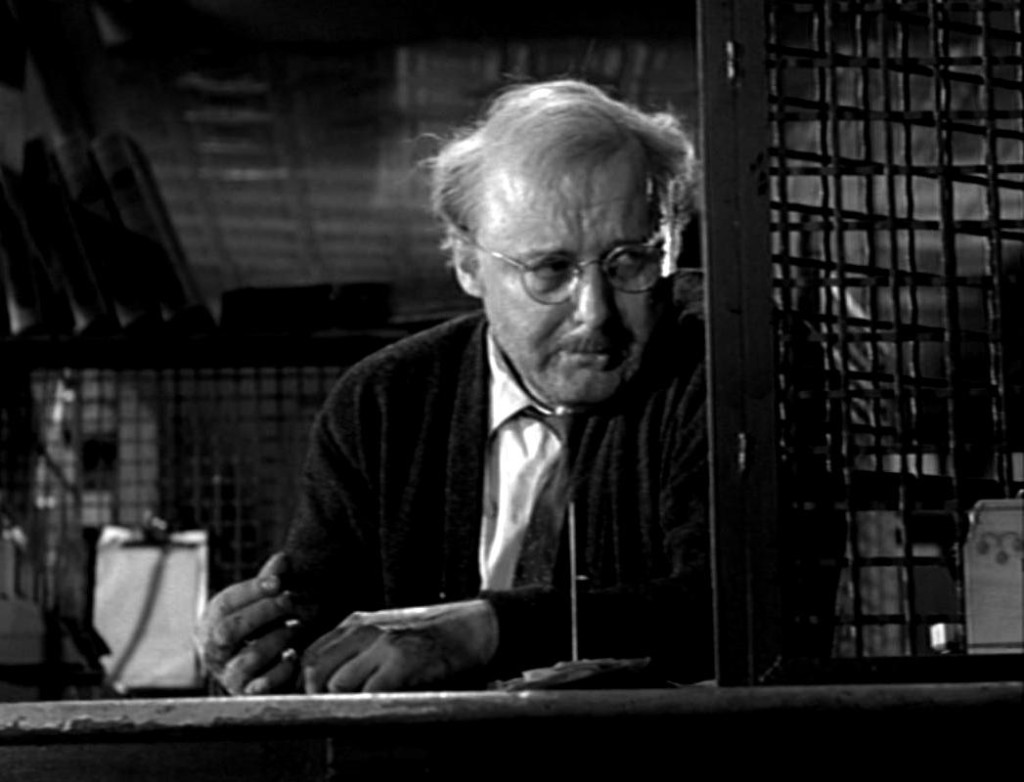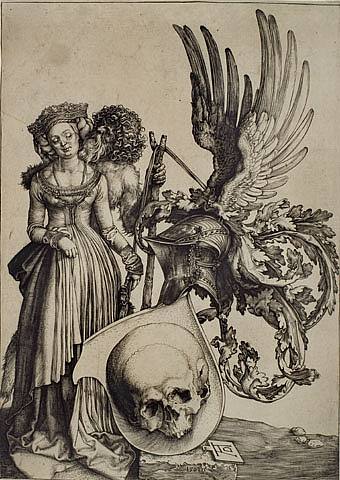It remains the most perplexing legacy of the modern age. How advanced, democratic, secular and ostensibly enlightened societies could be at the nevrological and seismic center from which the Holocaust was to arise. And with this context, Hannah Arendt continues to provoke within a controversy about the behavior of German masses and their not so innocent complicity as well as the actions of Jewish leadership all crystallized in Arendt’s book on the Eichmann trial replete and overflowing with the polemics of theological and philosophical abstractions grounded in the Hellenic tradition absent the more basic political of the challenging problem of maintaining one’s faith under a totalitatian regime.

Rod Steiger. The Pawnbroker. 1964.—Hannah Arendt…When, immediately after the war, her friend and teacher Karl Jaspers asked whether she was a German or a Jew she replied: “To be perfectly honest, it doesn’t matter to me in the least on the personal and individual level.” In an April 1951 entry in her philosophical diary, she provocatively declared that the Jewish idea of chosenness was both unpolitical and “always carried the germ of murder in it, simply because it is the enemy of plurality.”…click image for source…
The hardship and torment of Jews in Communist Russia paled through a comparison of clinging to one’s integrity under the grip of German tyrants who exercised much greater efficiency than the Russians. Perhaps, it is a miracle there was any resistance at all, any organization and any leadership that arose as a force of resistance; that the tragedy was not a unique and unlucky event on the Jews and other groups and that the same mechanisms could conceivably be rallied in short order for it manifest itself again under a new guise in the foreseeable future.Chilling. Much like the risk of a the financial system jumping off a cliff in 2008 with only modest correctives and lessons learned, meaning addition meltdowns are in the amber alert zone, genocide and ethnic cleansing as we see in Syria and Mali and Iraq remain localized but with a risk of broader contagion spilling into more economically developed democracies not themselves immune to being obedient to authority or being manipulated to do so, in either case carrying out orders in an unquestioning manner that seizes on aspects of cultural and historical phenomena that have germinated from many generations of willing inclucation such as we see with Jihadism and the paradox of holy-war, the trick of the obscure nature of cleansing through death and messianic violence. With historical revision, the urge to whitewash and coat the ulcer remains…
(see link at end)…Well, that didn’t work out. As I ploughed my way through tens of thousands of pages of Nazi documents and secondary sources about it, I was forced to recognize that she had got it all wrong. There was no banality there whatsoever, but there was personal brutality and viciousness, in the context of a profound and all-pervasive hatred of Jews. I eventually published my findings, in Hitler’s Bureaucrats: The Nazi Security Police and the Banality of Evil, which had a pretty good run as turgid history books go, and was published in four languages, but never made the tiniest dent in the popularity of Arendt’s thesis. Which is OK, given her stature and my lack of one.

—A state executioner is a hero, tough, loyal and brave.
Third, Eichmann adopted a “different personal attitude” (in his own words). He became inured to seeing dead people all around him: “We did not care if we died today or only tomorrow.”
Having redefined executioners as heroic sufferers and having stifled his empathy for human suffering, including his own, Eichmann was numb enough to follow his new conscience.—click image for source…
Von Trotta’s film tells the story of the creation of the Banality of Evil book and its initial reception; the fun in watching it is that we all know the end of the story: while some folks didn’t initially like it, eventually it became one of the more famous books of the 20th century, so that there was a happy ending, even if it took a while to arrive – after the end of the film.
I’m not going to argue with her anymore – I’ve moved on from that. It’s a fine film, and I recommend it.
The point I’d like to make is about one of the most minor scenes in the film. In early 1961 Arendt arrives in Jerusalem. The film puts her in St Andrew’s Scottish Church, which I think didn’t happen but could have, I suppose. From the balcony there’s a great view of the western wall of the Old City, and when she first arrives she meets an old friend, a fellow German-born Jew, and they briefly enjoy the view, while commenting “So this is your Jerusalem!”; the camera pans along the wall of the Old City.
Which is of course nonsense. In 1961 anyone sitting on that balcony looking at the view would have noticed that there was a harsh border running right down the middle of it, with hostile snipers occasionally shooting at each other across it. No one would have celebrated “their Jerusalem”; any sane person would have mourned the tragic tearing apart of one of the world’s oldest and most famous cities. Indeed, a visitor to the city would have sought out such vantage points so as to see the extent of the travesty, and the imbecility of dividing a city.
A German film director born in 1942 and thus old enough to remember the division of Berlin and Jerusalem, of all people, could be expected not to be so silly. Or maybe not: maybe that’s too much to expect. Read More:http://yaacovlozowick.blogspot.ca/2013/05/hannah-arendt-in-false-jerusalem.html







 COMMENTS
COMMENTS